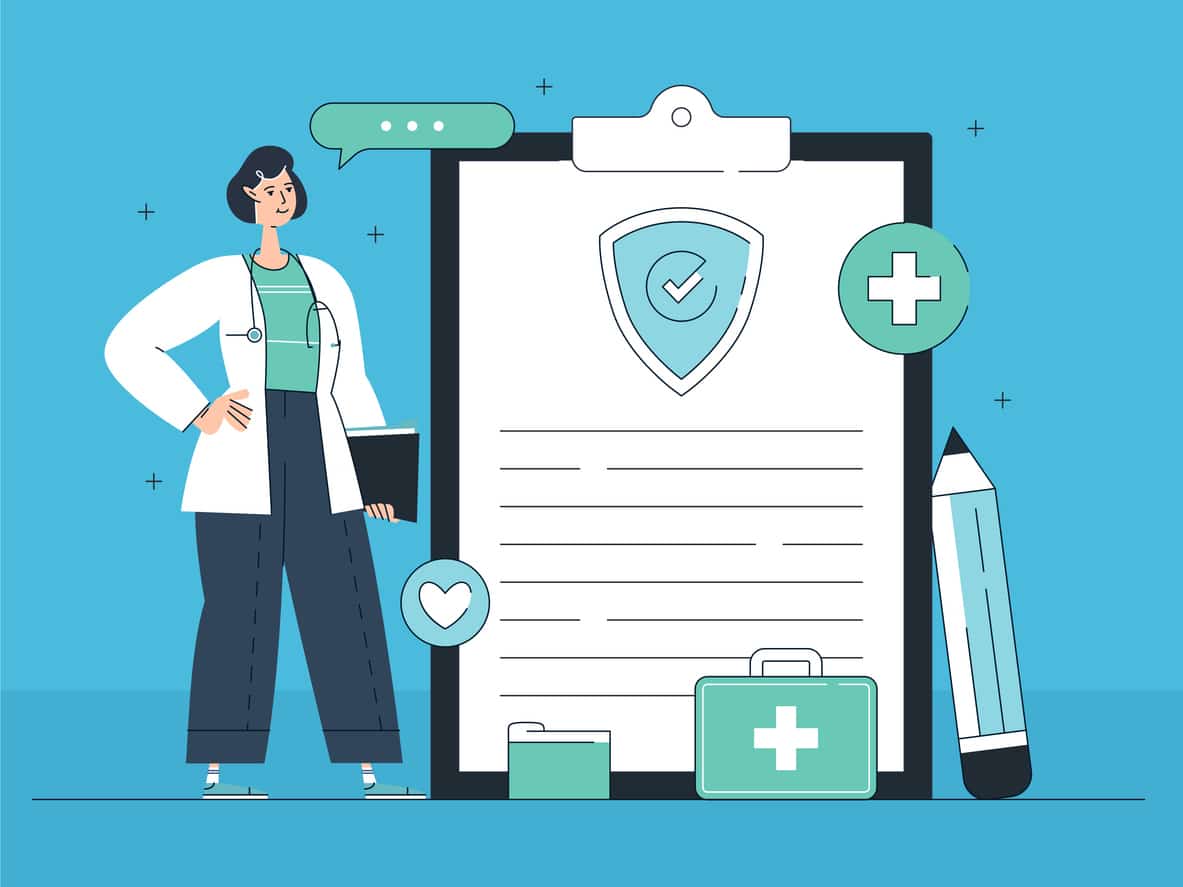By: Michelle Netoskie

Clean claims the first time out the door is the goal of any billing department. I recently heard this “goes in clean, comes out green.” When it does not go in clean, the cost of reworking a claim is about $25 to $50. Below are some common ENT billing areas that may be a roadblock to the goal of clean claims and maximizing reimbursement.
Surgery Billing—CPT codes should be listed from highest to lowest RVU. The standard payment adjustment rule means that the procedure with the highest RVU is reimbursed at 100 percent of the fee schedule, with additional procedures performed during that surgical session being reimbursed at 50 percent. The trend that has come to light across the country, whether the member bills in-house or uses a billing company, is that the surgery charges are being entered on the claim with the highest dollar amount first. In several cases, the highest dollar amount was not the highest RVU code. Resulting in loss revenue. On average, it was about $120 per surgery claim.
Bilateral procedures—When billing bilateral procedures, it is imperative that it be billed according to the payer rules. Some payers want one line with a modifier 50. Others require two lines with a modifier 50 on the first line. Others want the modifier 50 on the second line. Some payers want LT and RT. You can find the policy online in the payer’s Provider Manual, usually under the heading Bilateral Procedures. Not billing bilateral according to each payer’s rules can result in a loss of revenue or create an unnecessary denial.
Modifier 22—When using modifier 22, the documentation needs to support the extra time or complexity. Modifier 22 claims typically pend at the insurance and result in a request to the provider for the records. When the claim processes, are there mechanisms or review processes in place to ensure that the allowed amount is above the normal fee schedule for that procedure?
Although this scenario may not be as obvious as the others, there is the potential on the back end for risk on audit and potential recovery by the payer. Not all diagnostic testing is eligible for supervising billing. CPT code 92557 (audiogram) does not have a technical or professional component and cannot be billed under a supervising ENT. This diagnostic test should be performed by an audiologist and billed under the audiologist. If your audiologist is not contracted with your commercial payors you will need to check your contracts or reach out to your provider representative about how each payer handles supervising billing and what types of providers need to be credentialed. When researching with the payer, there are two issues here: one is the code not having a TC/PC component, and secondly, the rules on supervising billing.
One of the most overlooked areas in billing is diagnosis coding. Recently, there has been an uptick in denials related to unspecified diagnosis codes. My recommendation is to run a report or add a rule to your claims scrubber to hold these claims for review before sending them to the clearing house. The review will ensure that the code selection is the most specific based on the documentation. The review may reveal a template mapping error, a system error, or an opportunity for provider education.
For more information, contact your regional manager or complete the form on this page and we will follow up with you.


